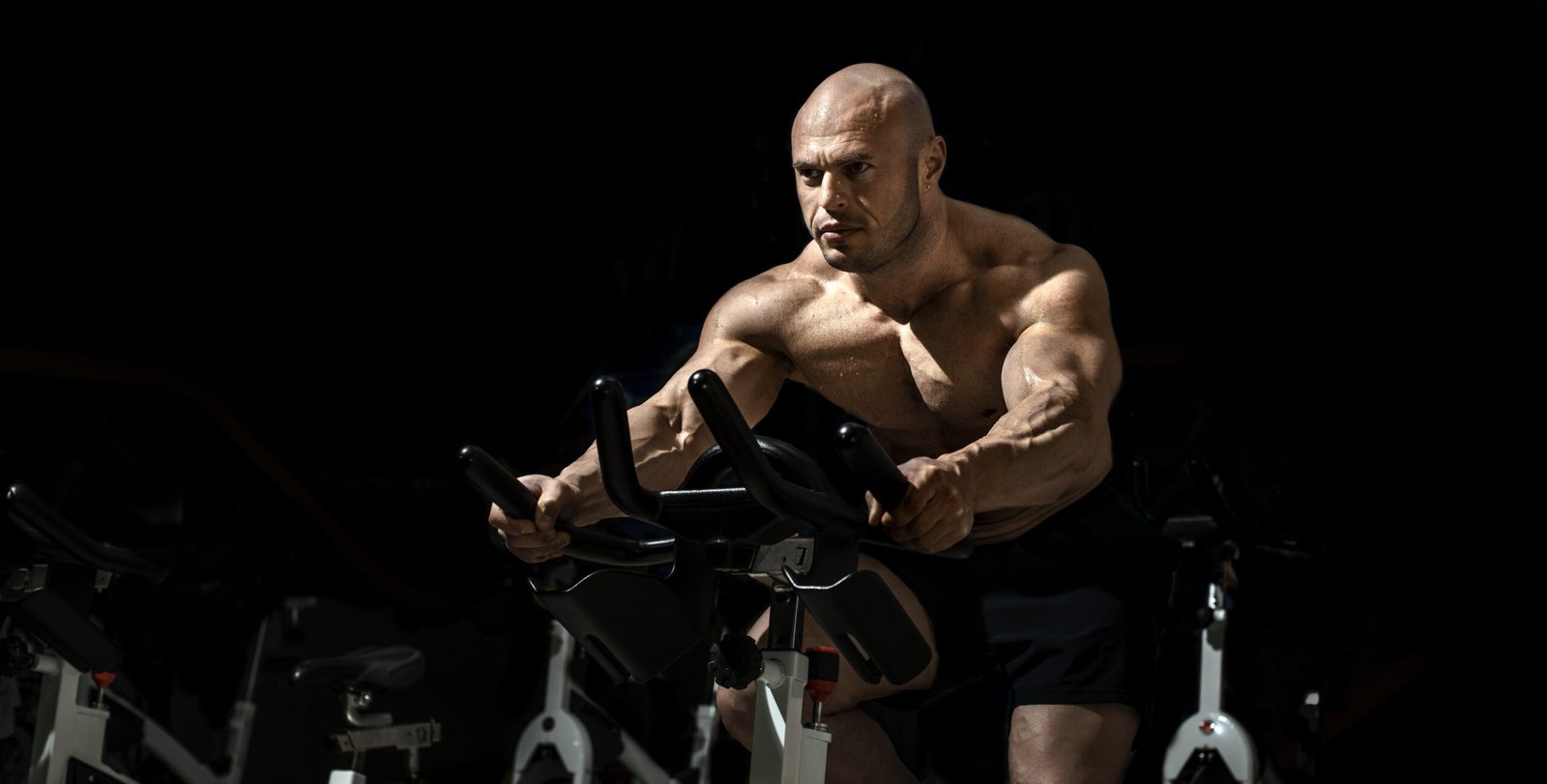
IN his book ‘Championship Bodybuilding’ leading coach Chris Aceto says: “No bodybuilder who wishes to gain muscle mass should ever do aerobics in the off-season.”
Granted, the book was first published in 1996 and Aceto’s ‘opinion’ might have changed, but it has had at least 24 printings, with the most recent being 2019.
Remember, Aceto is regarded as one of the best coaches in the business, working with the likes of Britain's Sas Heirati among others.
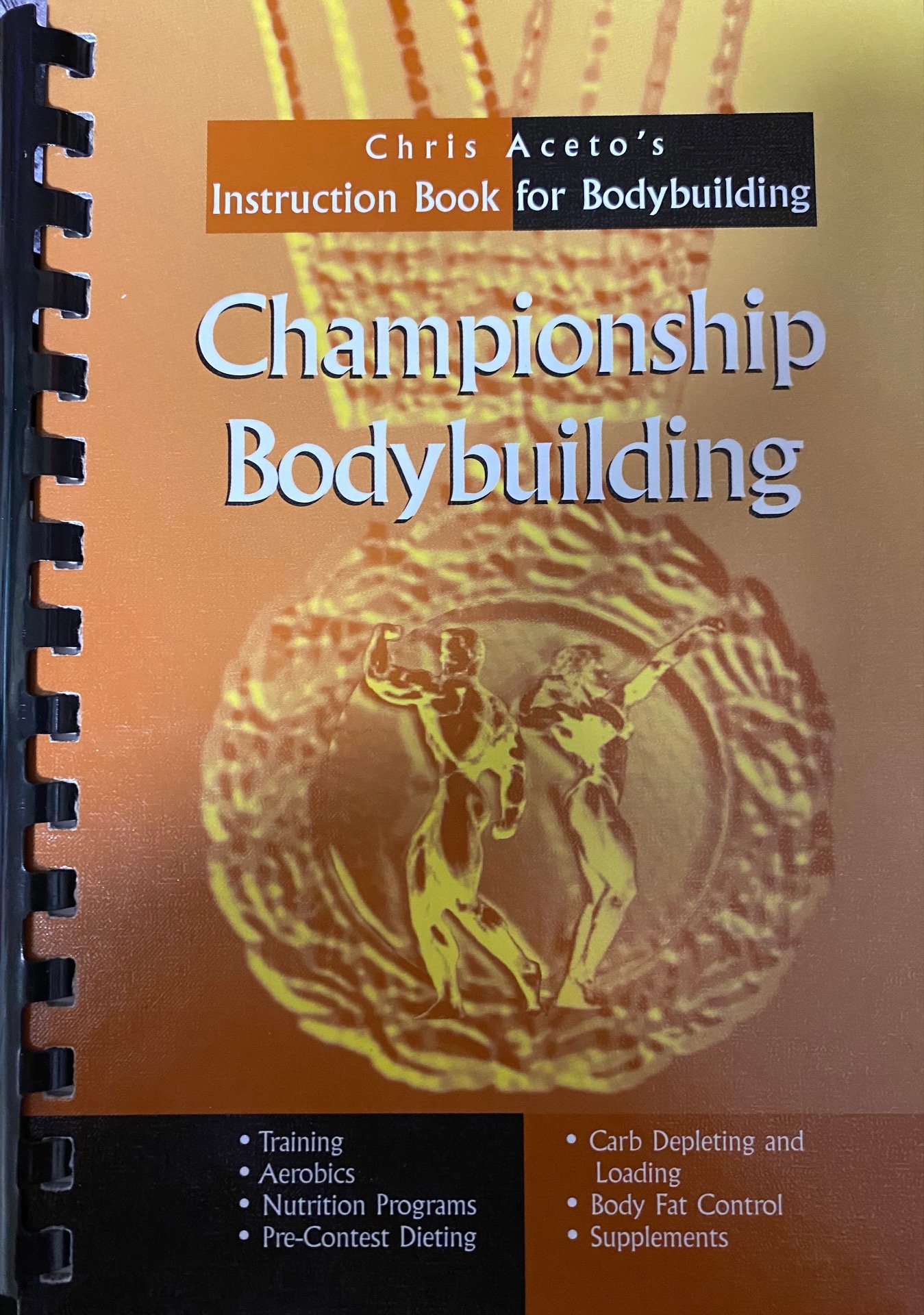
In his book, Aceto writes: “I don’t like cardio exercise for bodybuilding. When I tell people that at seminars, I usually irritate someone in the audience, who gets angry.
“They say bodybuilders need to do cardio work for the heart. I disagree. First, a low level of body fat that can be achieved with a good diet and hard weight training is the best preventor of heart disease.
“Anyone who has heart problems or borderline diabetes knows the first bit of advice the doctor gives is to lose some weight. Body fat plays havoc with your body.
“In my opinion, no bodybuilder who wishes to gain muscle mass should ever do aerobics in the off season. Weight training is an activity that creates an anabolic state. Aerobic training creates a catabolic state.
“Weight training will improve and increase the release of anabolic hormones in the body to support growth, while aerobic training can counteract this by decreasing the output of these hormones.
“A myth in bodybuilding is off-season cardio will stimulate the metabolism. Bodybuilders often do aerobic work in the off-season in the hope of staying leaner. Dead wrong!
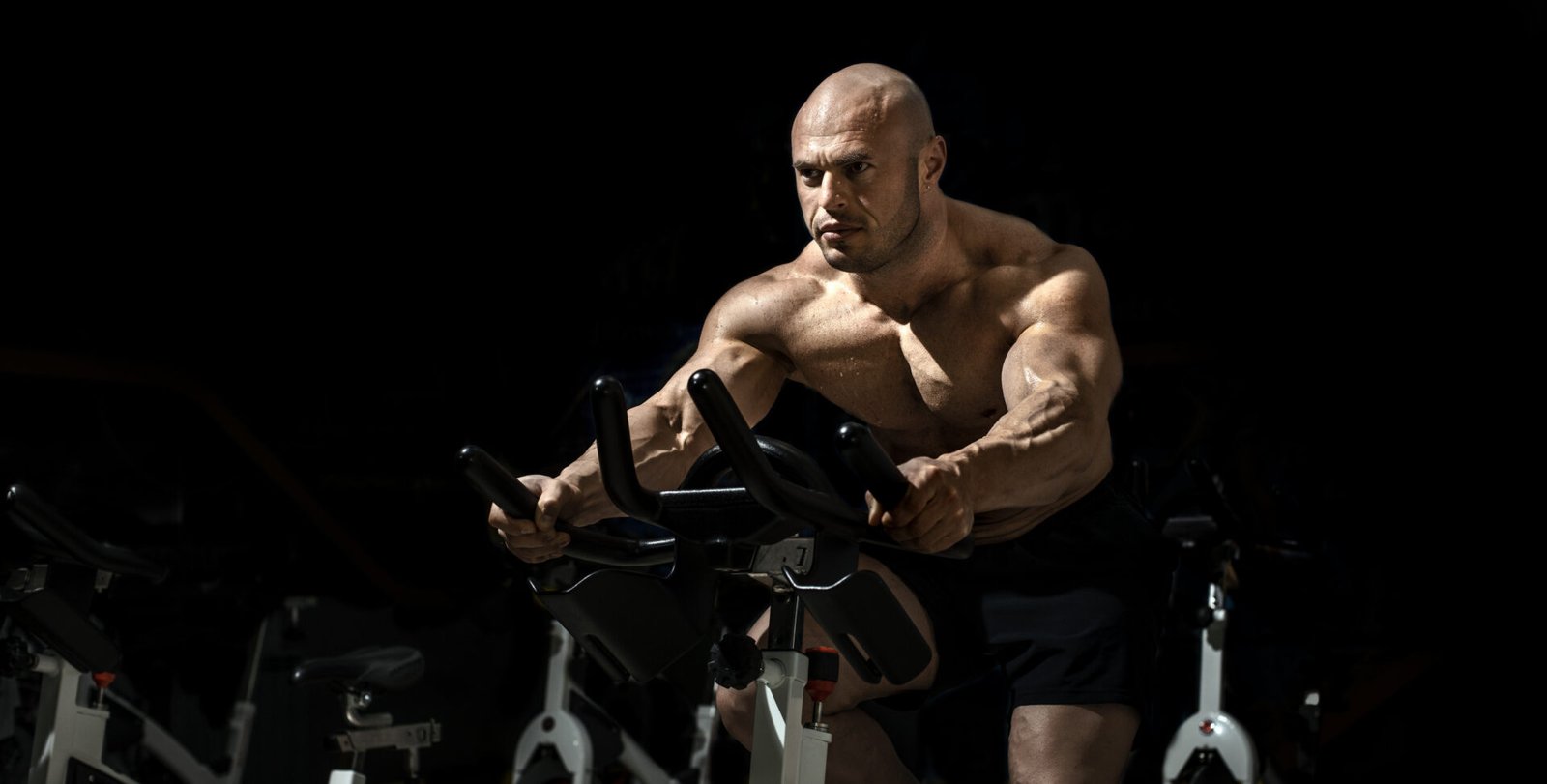
“First, aerobic activity does not burn as many calories as most believe. However, weight training adds muscle to the body, which causes the body to burn more calories even at rest.
“Both weight training and cardio work will stimulate the metabolism for a few hours following a workout.
“However, weight training stimulates muscle breakdown and remodelling. The act of recovery and muscle anabolism, stimulated from hard training, increases the need for calories.”
It is an interesting point. And one that is disputed by many.
For example. six-times Mr Olympia Dorian Yates implemented cardio in his off-season. In an article for Muscle & Fitness he once wrote: “I advocate that bodybuilders at all levels initiate an aerobics program, because it has many benefits.
“First, it enhances general cardiovascular fitness and being healthy in heart and lung efficiency is a boon for a competing bodybuilder.
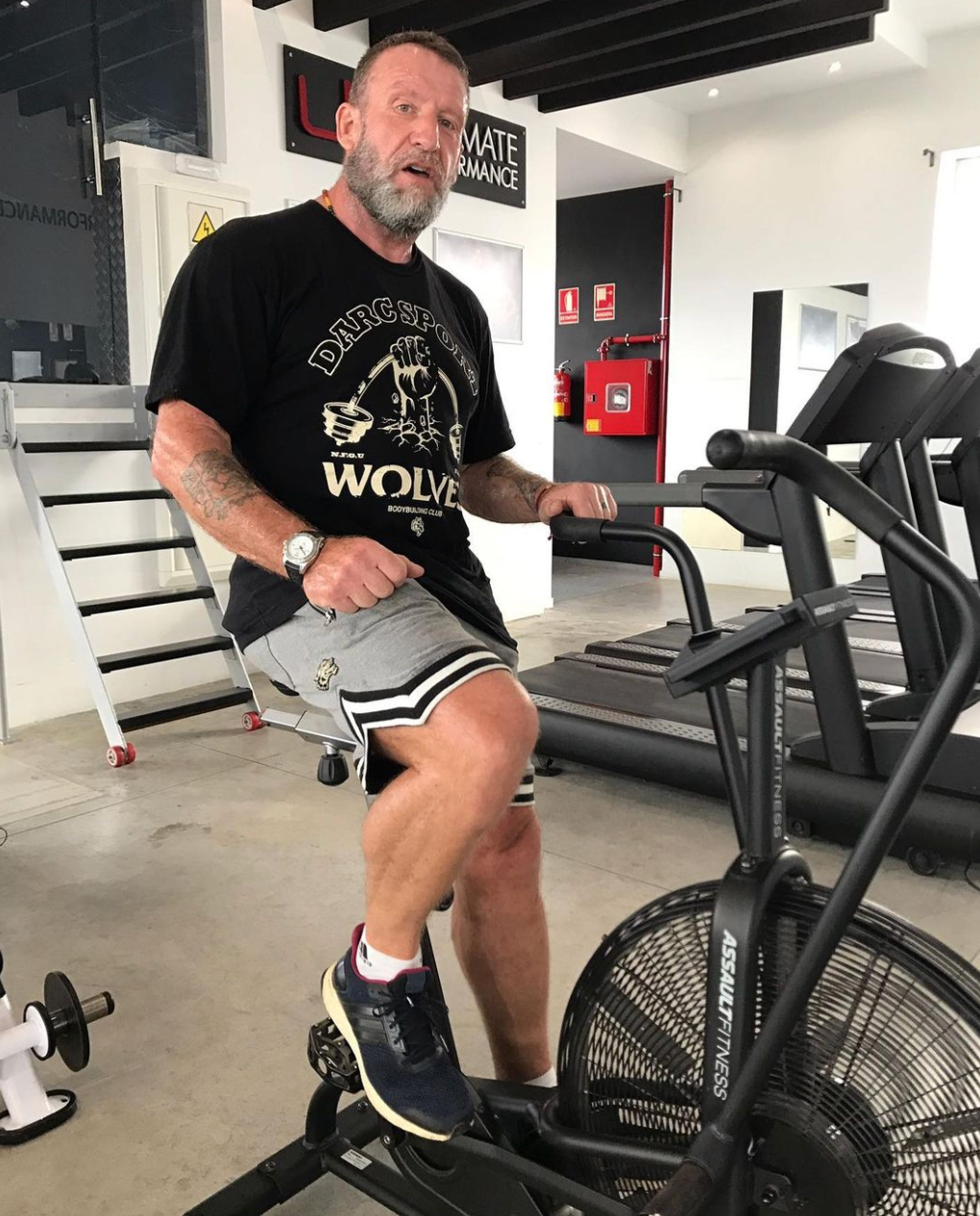
“Second, this better level of general fitness increases metabolism. This makes your system much more efficient (than would be the case if you were sedentary) at assimilating the heavy protein intake necessary for bodybuilders.
“Third (and the reason I did cardio year-round when I was competing), it increases endurance so that when I launched into my contest-prep period where I started to train faster, I was ready for the pace from a fitness standpoint. The fourth main benefit is that doing cardio all year means you are able to take in a few more calories on a daily basis than would be the case if all you did was lift.
“In the offseason, I completed 30-minute power-walking sessions four times a week, first thing in the morning soon after I awoke and before breakfast. I just drank some water and then off I’d go.
“After having not eaten for 10 hours or so, I was in a low-carb state and, therefore, my body would more readily turn to fat for fuel.
“The pace was brisk, so I was breathing hard quickly. I took long strides and swung my arms to encourage general cardio stimulation.
“Writer Peter McGough once watched me power walking back to my house and he said that with my brisk pace, long strides and swinging arms, plus the fact that I weighed 275lbs, I looked like Frankenstein on speed. Moments like that make it all worthwhile!”
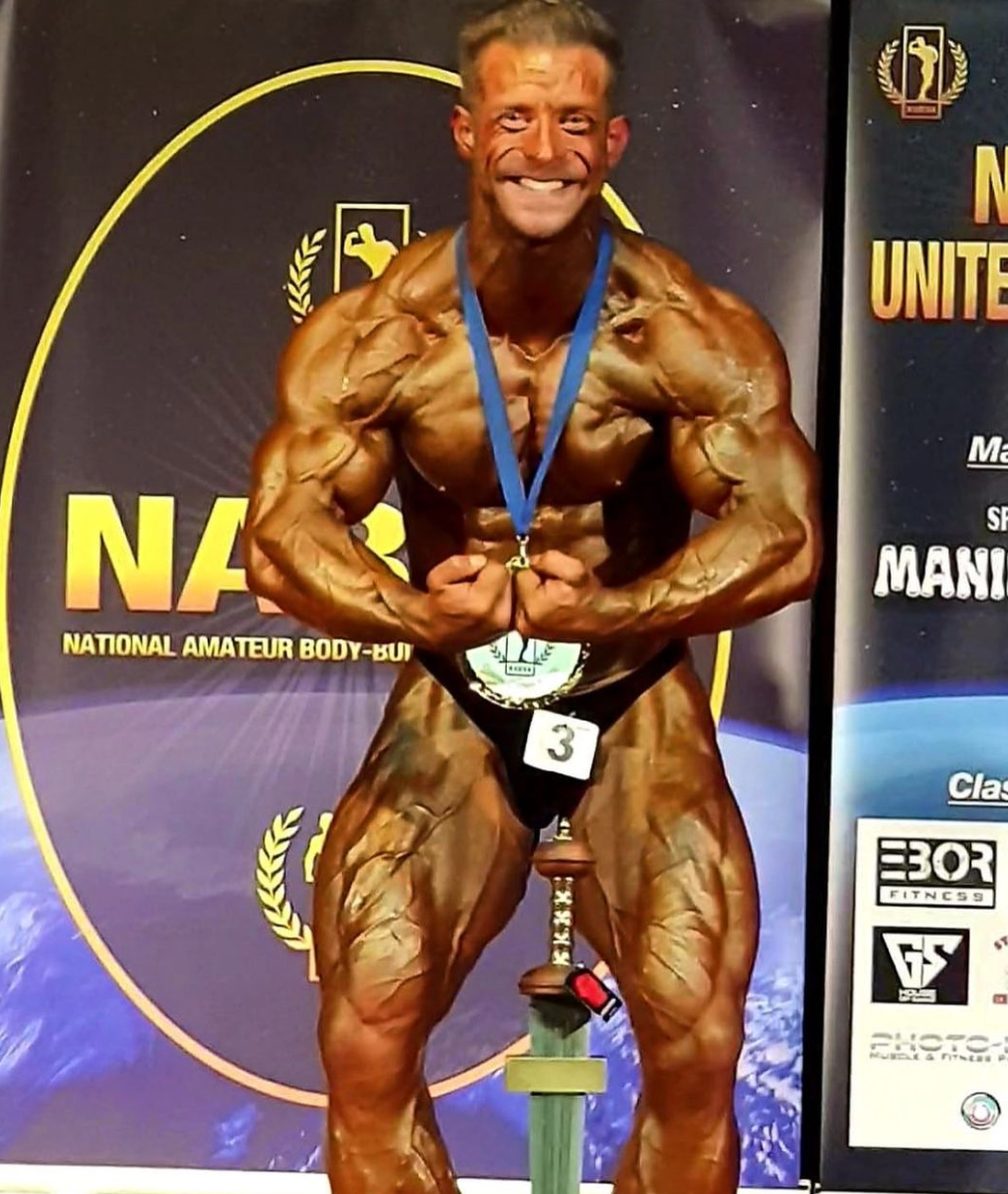
Coach and Class 2 bodybuilder Tim Rosiek believes off-season cardio is person dependent, however, saying: “It all depends on the individual; if they stay lean, then it’s not necessary. But if they’re carb sensitive, then it would be a good shout doing low impact cardio during the off-season.
“For example, I don’t do cardio in the off season mainly because I eat very clean and I’m lucky my genetics let me get away with not putting much fat on.
“But if I was unlucky and laid fat down quickly, I would do walking only, because fat burning requires oxygen and anything requiring more energy would deplete your glycogen and make you tired, which would affect your workout strength – and that is counter-productive to your growing period.”
American coach Justin Harris is a strong advocate of off-season cardio and explains how he uses it to mimic the respiratory strain of a 20-rep set of squats and, despite what Aceto believes, to stimulate appetite.
Harris utilises high intensity interval training for his off-season cardio at just 12 minutes. This takes the form of one minute low intensity, one minute high intensity, which over the duration of the session is considered six sets.
He says: “The harder you push in those high-intensity segments, the deeper into elevated post exercise oxygen consumption [EPOC].
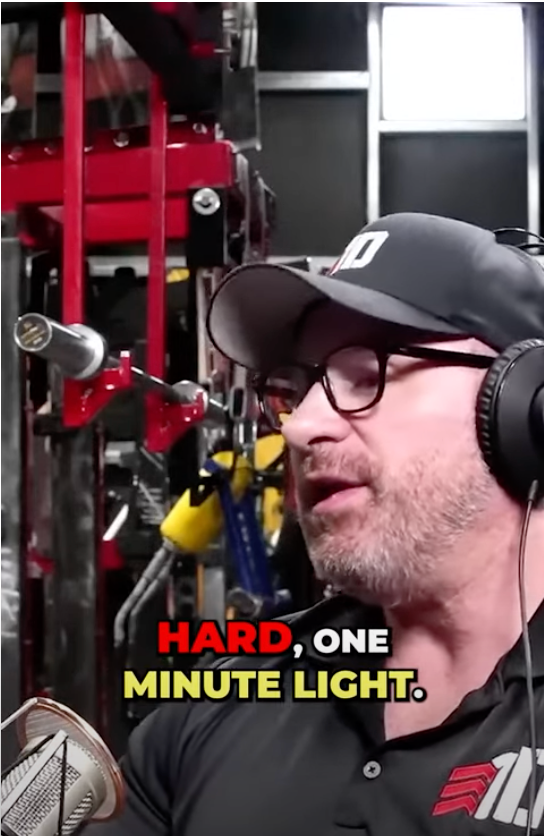
“Excess post-exercise oxygen consumption [EPOC, informally called afterburn] is a measurably increased rate of oxygen intake following strenuous activity.
“We need to perform in the gym and what is the hardest set in the gym? It is a high rep set of squats; 20 on squats or 12 on deadlifts. You don’t do them very often but when you do, you don’t want your lungs to be the failure point.
“So I have people do one minute hard, one minute light and it’s kind of self-deciding how hard you push because you have to work hard for that minute, but it can’t be so hard that you can’t recover in the next minute.
“I have people do about 12 minutes of that three or four times a week [in the off-season] and that is replacing 20 minutes of pretty decently hard cardio. So we know in the gym that are muscles are the failure point, not our lungs. You’re not progressing if your lungs are the failure point on a set of deadlifts rather than your back.
“But then on top of that, the appetite stimulation is so enormous and it is that which allows people to continue to eat more and more food.
“And no one wants to believe it because everyone who wants to get big thinks cardio is going to do the opposite.
“But in case after case after case, my clients who are religious with that just progress rapidly because we are able to continually add food – and they are doing this thing that’s also helping us keep some of the fat off in the process.”
Leave a Reply